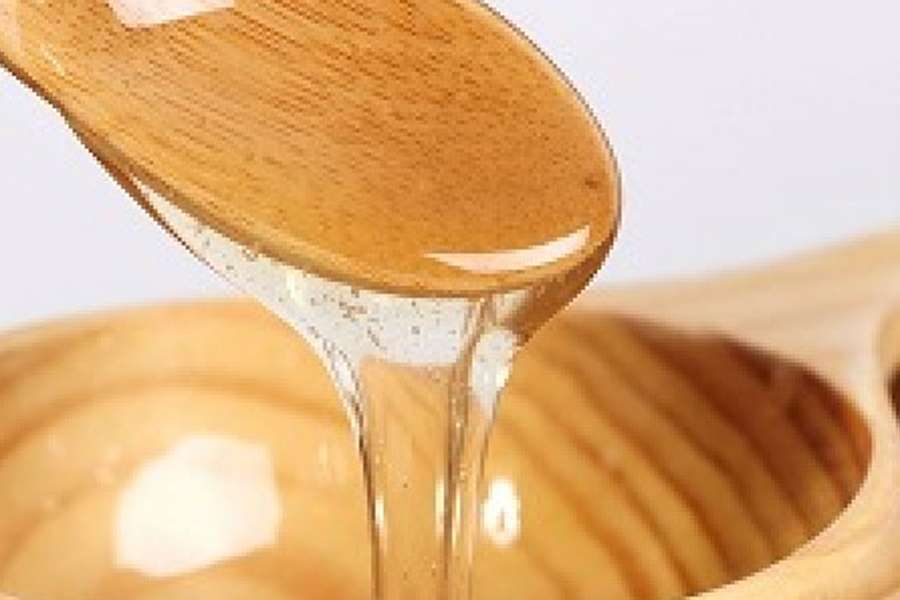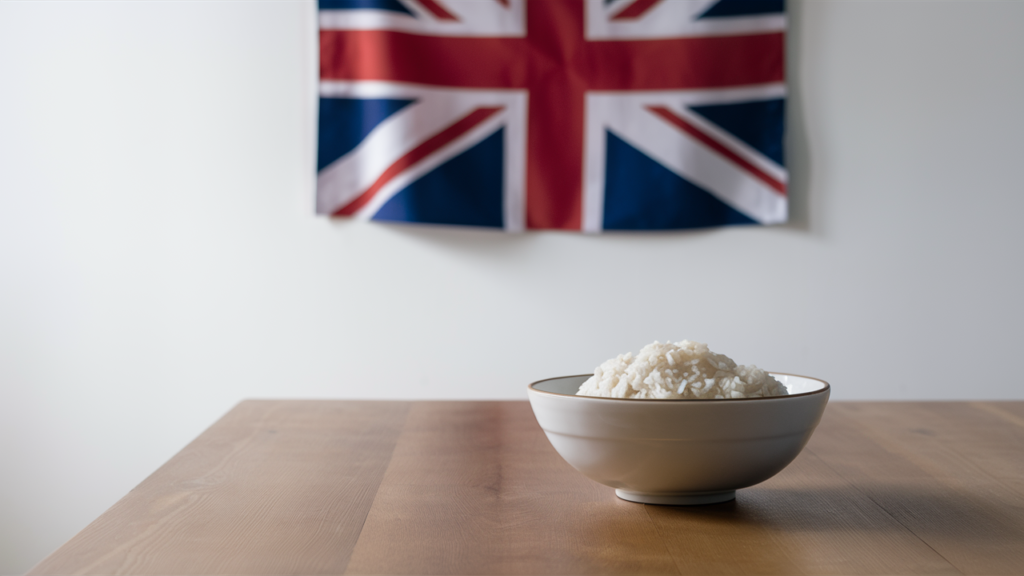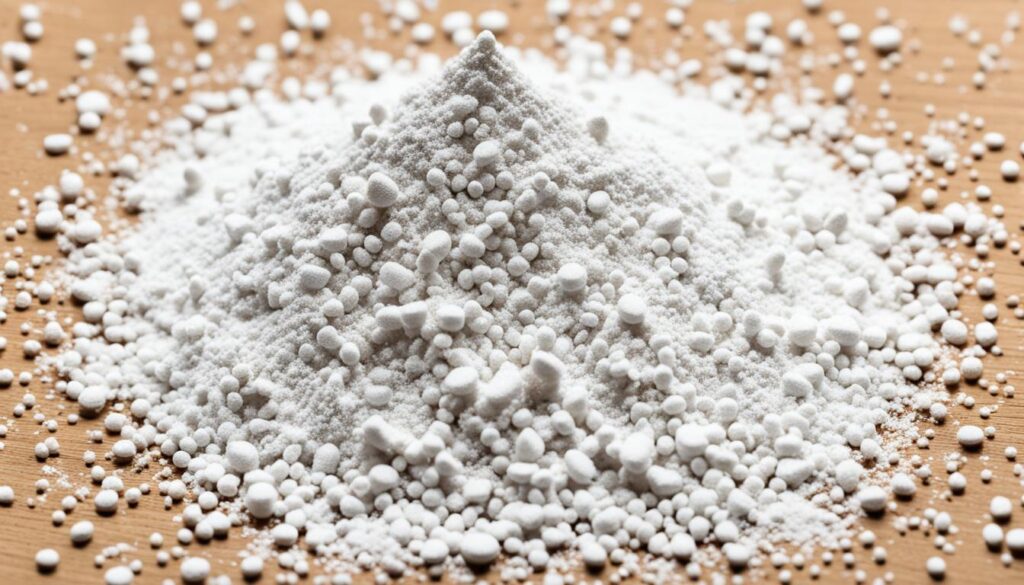Tapioca is a starch extracted from a tuber called cassava root. Cassava tubers are native to South America, Brazil in particular. Tapioca contains very little nutrients, fiber or proteins and consists of almost pure carbs. Tapioca is available as pearls, meal, flour, flakes, and syrup. It is gluten-free and serves as a substitute for people who are on a gluten-free diet.
Benefits of Tapioca
Tapioca is a grain- and- gluten-free product. Here are the benefits of tapioca that might convince you to give it a go.
Supports Weight Gain
Tapioca may come in handy if you need to gain weight quickly. If you eat a bowl or two of pudding drizzled with tapioca syrup (consisting of fat, carbs, and calories) you have a high chance of gaining a few pounds minus the negative effects of consuming too much cholesterol and fat.
Source of Iron
Tapioca is a good source of iron, and a cup of tapioca pearl is known to provide about 13% of your recommended iron dose. Iron is found in hemoglobin, a protein that carries oxygen to other parts of the body. Moreover, you develop iron-deficiency anemia if you do not get enough iron. This condition might cause serious side effects such as chest pain, fatigue, and shortness of breath.
Contains Dietary Fiber
Tapioca has enough dietary fiber that help you meet your daily recommended value of 21-38 grams. The majority of the population do not consume enough fiber, still, fiber offers numerous health benefits, the likes of preventing constipation, maintaining blood sugar levels, and lowering cholesterol.
Free of Allergens
Tapioca is grain-free, nut-free and gluten-free; therefore it is safe for people with nut allergies, gluten sensitivity, and celiac disease. Tapioca flour can be found in many gluten-free products. Hence, it is a good alternative for baking at home. Moreover, it is also an alternative to white flour for pie fillings, sauces, and thickening soups.
Easily Digestible
Tapioca is notorious for being easy on the stomach. Compared to flours made with nuts or grains, most people find it easier to digest. Moreover, your doctor might also recommend tapioca to you as a source of energy and calories during flare-ups of diverticulitis and irritable bowel syndrome.
Low in Sodium
Majority of people eat a lot of sodium, mostly because it is hidden in plain sight in condiments, soups, and processed snacks. Moreover, a high sodium-rich diet is linked with stroke, heart disease, and high blood pressure. Tapioca contains a very small amount of sodium, for instance, a cup of tapioca pearls has only 2 mg of it.
Source of Calcium
Calcium is important for both your teeth and bones and that is why you have more calcium in your body than any other mineral. Moreover, you lose calcium every day through feces, sweat, skin, and urine. Therefore calcium must be obtained through the foods we eat, to replace what we lost. A cup of tapioca pearls contains about 3% (30 mg) of the daily recommended dose.
Source of Folate
Your body needs Folate to make DNA and for cell division. Moreover, folate is also vital to prevent neural tube defects such as spinal bifida for women in their childbearing age. Furthermore, folate deficiency may also cause anemia. A cup of tapioca pearls provides 2 % of the recommended daily value.
Contains Resistant Starch
Tapioca is a natural source of resistant starch which is associated with numerous health benefits. It improves glucose and insulin metabolism and lowers the blood sugar level after meals. Moreover, it also reduces inflammation and harmful bacteria in the gut by feeding the friendly bacteria in the gut.
What is Tapioca Syrup?
It is a syrup made from yucca root or cassava tuber and is considered to be a healthy sweetener. It typically has a light golden color and a neutral flavor. Its flavor makes it ideal as a food additive. Moreover, there are multiple uses for tapioca syrup. It is gluten-free and can be used as a healthy alternative to sugar.
Is Tapioca Syrup Healthy?
Tapioca syrup is frequently labeled as a healthy alternative to sucrose. Moreover, tapioca syrup has a lower sugar and carbohydrate content as well. However, like any other thing, moderation is the key, therefore use it moderately.












